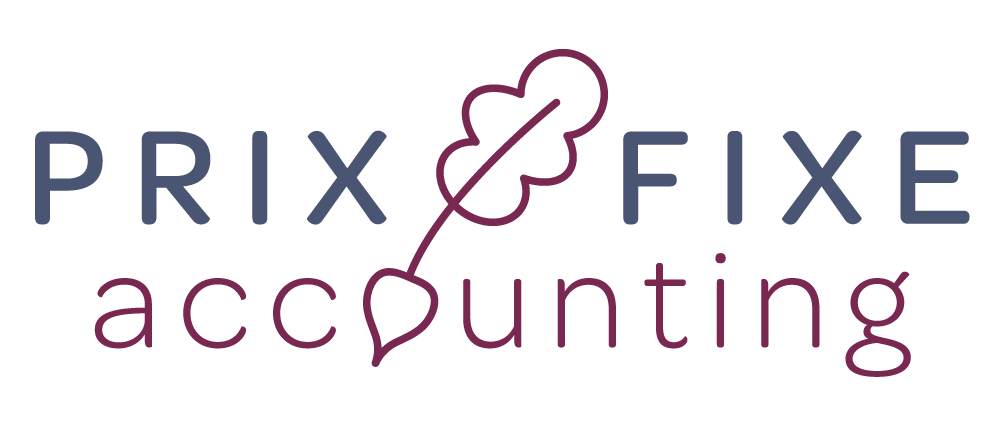Point of Sale (POS) refers to the location and system where a transaction occurs between a business and its customers. It encompasses the software and hardware used to process sales, including cash registers and payment terminals. In accounting, the term "point of sale" holds particular significance as it represents a crucial stage in the financial recording process. In this blog post, we will explore the concept of POS in accounting, its importance, and its implications for businesses.
Definition of Point of Sale
Point of Sale (POS) serves as a physical and virtual space where sales transactions occur. At its core, a POS system encompasses various key components, such as a cash register and payment terminal. These tools streamline and automate the sales process, enhancing efficiency and accuracy.
Role of Point of Sale in Accounting
Modern POS systems offer a range of benefits by capturing and recording sales transactions in real-time. This real-time functionality ensures that sales data is updated immediately, enabling businesses to have an up-to-date revenue overview, breaking down sales by revenue, taxes and tips. Additionally, POS systems provide valuable data for financial reporting and analysis. With access to detailed sales information, companies can generate comprehensive reports, identify trends, and make informed decisions to optimize their operations.
Sales receipts and invoices
A crucial function of a POS system is the issuance of sales receipts for immediate purchases. Whether a physical or digital receipt, it serves as proof of transaction for the customer and the seller. In addition to sales receipts, POS systems can generate invoices for credit sales or delayed payments. In such cases, invoices provide a detailed breakdown of the products or services purchased, the quantity, unit prices, and any applicable taxes or discounts.
Cash register and Point of Sale software
Retail establishments employ various tools, such as cash registers or electronic devices, to process sales transactions efficiently. However, the advent of modern POS software has revolutionized this process. POS software offers a range of functionalities price calculation, and the application of discounts, among others. These features streamline the sales process, ensuring accuracy and expediency.
Sales reports
Generating regular sales reports, whether daily, weekly, or monthly, is an essential practice for businesses. These reports provide valuable insights into sales performance and serve as a basis for analysis. By examining sales patterns, trends, and customer preferences, companies can better understand their market and target audience. Regular sales reports are pivotal in informing decision-making processes and driving business growth.
Revenue recognition
Recognizing revenue at the point of sale is a fundamental aspect of sound financial management. By recording revenue when a sale occurs, businesses can accurately reflect their financial performance promptly. Recognizing revenue at the point of sale enables businesses to comply with regulatory requirements and reporting standards. It ensures transparency and accountability in financial reporting, which is crucial for building trust with stakeholders and maintaining compliance with applicable laws and regulations.
Are you ready to install a POS system?
In the realm of accounting POS holds great importance for businesses. It serves as the gateway where sales transactions are captured, recorded, and integrated with inventory management systems. The use of sophisticated POS software enables real-time tracking of stock levels, synchronized data, and accurate financial reporting. By understanding the concept of POS in accounting, businesses can streamline their operations, make informed decisions, and optimize their overall financial performance.
Whether it's a brick-and-mortar store or an online shop, implementing a robust POS system is crucial for success in the modern business landscape. Find out more about our POS installation service here at Prix Fixe Accounting.

